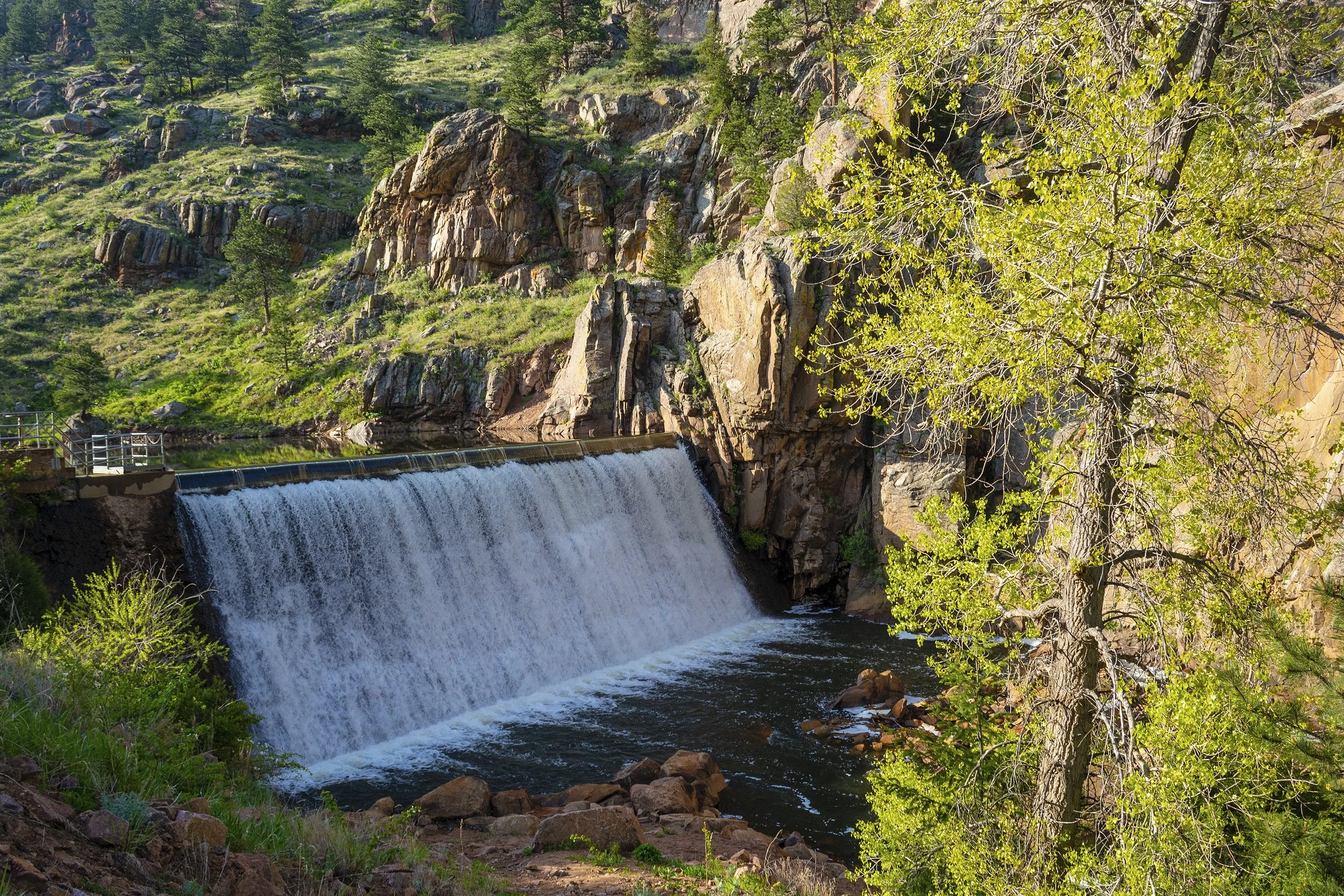While there are many in our midst with long resumes in conservation there are no doubt quite a few of you who, like me, are just delving into conservation with TU, thinking about how to get involved, or just thinking more deeply recently about it. As the conservation chair for a conservation focused organization, I find myself in an interesting position, considering I don’t have one of these long resumes. However, many scientists (myself among them) prefer to start with “I don’t know” which aids in eliminating ego, bias, and expectations as we study things, particularly as it pertains to an unexplored area. Recently, in this frame of mind, while listening to presentations from experienced conservationists, I started asking myself “what is conservation?”
Surely at minimum all of you reading this could come up with a solid definition, so maybe there are better questions to ponder. These are permutations that I’ve mulled over:
What is the purpose of conservation?
How do I practice conservation?
How is conservation related to environmentalism?
What is a conservationist?
How does conservation look different locally vs. nationally?
At TU, are we practicing conservation just to conserve on of our pastimes, fishing?
My mind started churning on this again recently as I read Kirk Deeter’s article on catch and release, which you can find here: https://www.tu.org/magazine/fishing/trout-talk/is-catch-and-release-angling-all-its-cracked-up-to-be/
The premise is to challenge how we have elevated the concept of catch and release. It was confronting, especially since in the not so distant past my contributions to conservation were following simple practices like catch and release, using barbless hooks, leaving no trace - generally trying to leave natural resources no worse off than I found them. The spirit of conservation was there, but I can’t say there was much intention or purpose behind it. I was further confronted recently on a fishing trip when I proclaimed one shouldn’t fish over redds. But the attitude of my fishing partner was “why not? These are non-native fish that have been put here for fun.”
My point is not to debate these topics here or suggest they are not appropriate practices, but for me these challenges to my perception of conservation were welcome to spur thought experiments. They struck at my need to define my purpose and mission in conservation and to align with broader needs in our organization, watershed, state, and nationally rather than simply claiming status as a conservationist because I always fish barbless hooks (for example).
Clearly conservation is not one size fits all, even within the TU and fly fishing communities. It’s clear we are all making different choices about best practices and have different causes that we care about. Not so many days ago I would have assumed that within our chapter we would have a consensus on what constitutes conservation and what the most important goals are, but the more I listen and learn, the more I question that. My challenge to you is to try to answer these questions yourself and then question what influenced your answers.
I have starting to formulate some better answers to the questions above for myself and coming to an understanding of how our chapter members may answer these (based on many conversations). I would love to get some feedback from the newsletter readers on some of these as well. Here’s where I’ll leave it today. These are things I currently believe we agree upon and a basis for our conservation work:
· We care about clean water that supports aquatic life and our communities
· We care about protecting and promoting native fish and, when there’s a choice, prefer they inhabit our waters instead of competing, non-native fish.
· We care about the health of our forests and the impacts of the legacy of mining, recent and potential future fires, and recent and potential floods
· We care about optimizing the habitat for aquatic life in our watershed
· We care about the quality of the fishing (!) but not above all else. We believe the quality of fishing will follow from sound conservation practices.
In the spirit of this article, I’m open to expanding this list and to challenges to what is on it! Send me some thoughts at stvraintu@gmail.com

